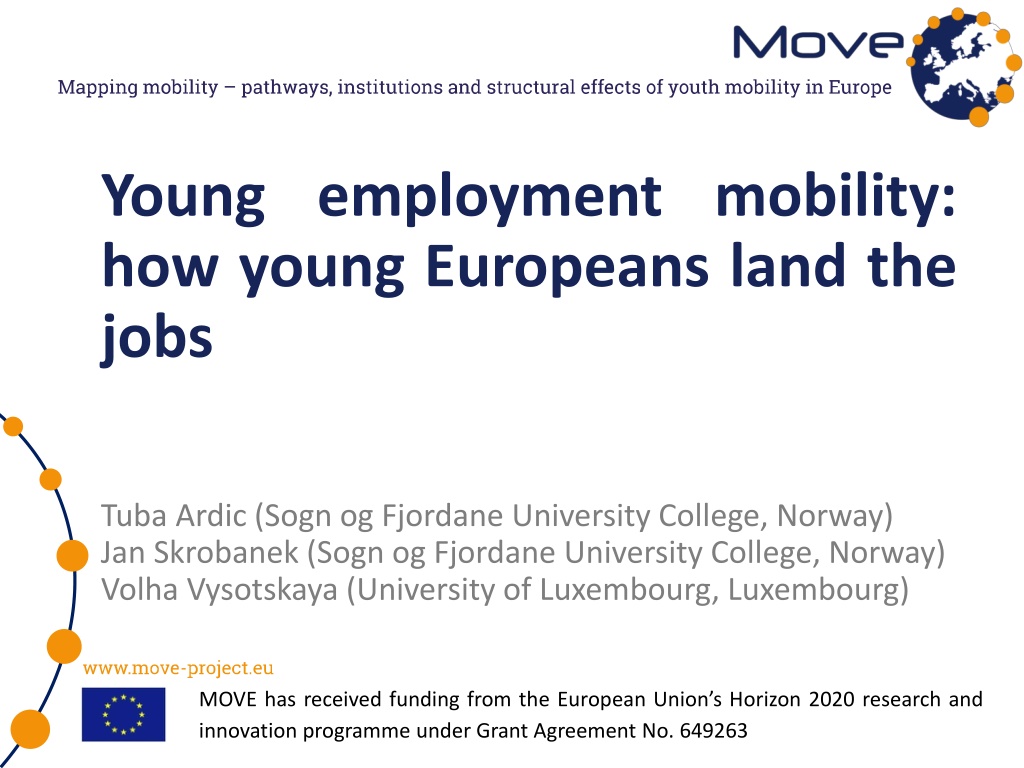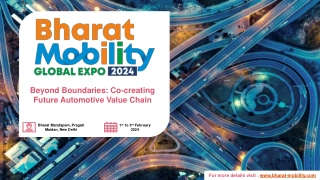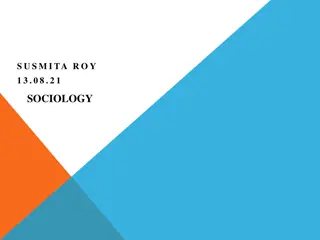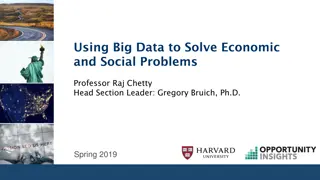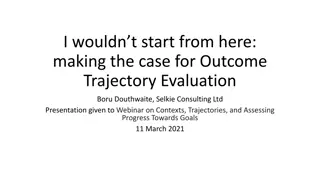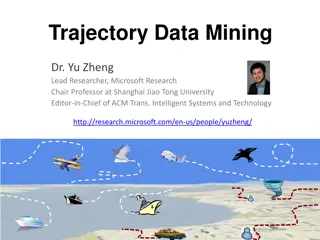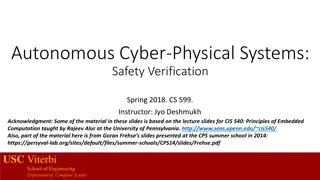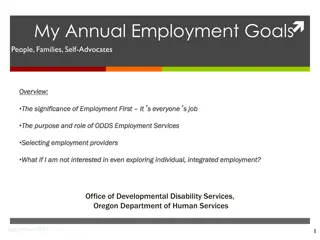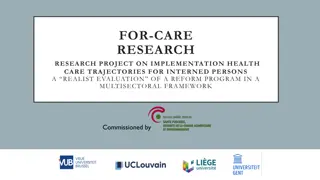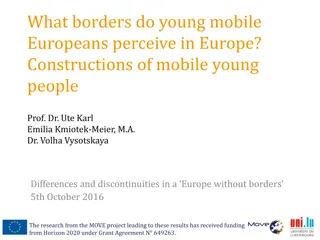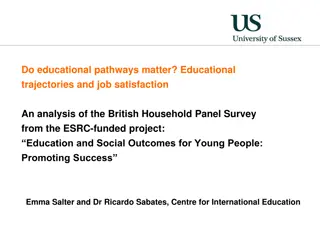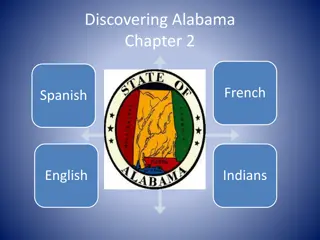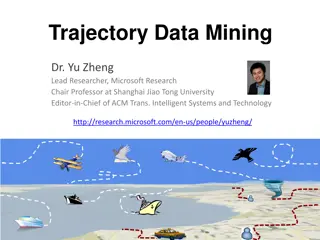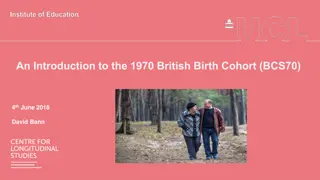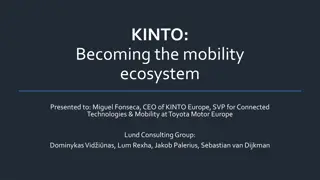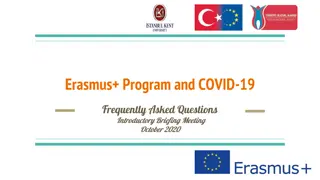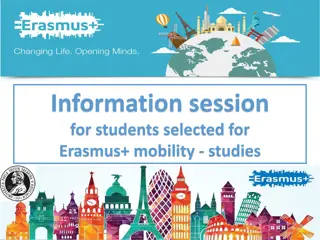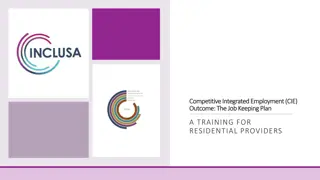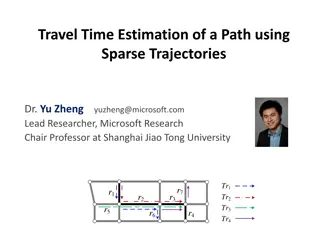Exploring Young Europeans' Employment Mobility Trajectories
This research delves into the mobility trajectories of young Europeans in landing jobs, examining the gateways, reliance factors, job choices, and resources utilized. The study differentiates between bonding and bridging social capital types and explores how familial ties, friendships, diaspora, and institutional connections influence employment mobility. Semi-structured interviews conducted in Luxembourg and Norway with young individuals aged 18-29 shed light on their experiences and strategies in securing employment.
Download Presentation

Please find below an Image/Link to download the presentation.
The content on the website is provided AS IS for your information and personal use only. It may not be sold, licensed, or shared on other websites without obtaining consent from the author. Download presentation by click this link. If you encounter any issues during the download, it is possible that the publisher has removed the file from their server.
E N D
Presentation Transcript
Young employment mobility: how young Europeans land the jobs Tuba Ardic (Sogn og Fjordane University College, Norway) Jan Skrobanek (Sogn og Fjordane University College, Norway) Volha Vysotskaya (University of Luxembourg, Luxembourg) MOVE has received funding from the European Union s Horizon 2020 research and innovation programme under Grant Agreement No. 649263
Research questions Along young people s mobility trajectories, what comes across their pathways? What is their mobility gate ? What do they rely upon in their employment mobility(-ies) How do people choose the jobs? And what resources do they use for landing jobs?
Theory: departure In Bowling Alone, Putnam (2000: 22) introduces two types of social capital: bridging/bonding: BRIDGING social capital as open networks that are `outward looking and encopass people across diverse social cleavages` (Patulny and Svendsen, 2007: 33). BONDING social capital consists of `inward looking [network that] tend to reinforce exclusive identities and homogeneous groups` (Patulny and Svendsen, 2007: 33).
Mobility gates via BONDING family (close relations) friends diaspora, historical connections BRIDGING organisations institutions programmes recruiting platforms
Methodology 20 Semi structured interviews have been done in Luxembourg and Norway, 6 expert interviews Young people between 18-29 Skilled, unskilled
1sttype BONDING gates family (close relations), friends Flexibility, not time restricted well, sort of, of, I had a personal problem in Romania, so I had go because eh I broke up with my ex, ((laughs)) so yeah, and then I decided to come, because my sister was already here. (I: okay) She is working for [European Institution](I: okay) for like [1-5 years] two years and a half now, (I: okay) so eh. yeah and I said okay, I will go there and try, see what happen. And after eh, less than three months I found this job, (Christina, Romanian, working in Luxembourg). diaspora, historical connections (e.g. Portugal in Luxembourg, Iceland in Norway) wait and see, gradual strategy e.g. icelandic woman ( INCLUDE)
2ndtype BRIDGING gates BRIDGING gates bridging gates that are used by young persons ( TO REWORK) so I started working for another job abroad (I: mhm) and I found it, two jobs one in [town A in Germany] and one in Luxembourg (I: okay) I did the interview and at the very end both the companies eh told me that they can hire me, eh so I had to choose eh my future job (I: wow) and eh I decided for the Luxembourg one it's very difficult to find a job. but-but not in my field. especially in the networks, eh there, eh there is, eh there are a lot of eh, job offers and .. it's not so difficult to find something. eh Actually I receive eh a job offer almost every week, at least one per week. (I: okay) Even if I just changed, the, a, I, I'm not, I have not a Bachelor because I didn't finish my studies in University. (I: That's very interesting!) Anyway, I-I receive job offers from far away (Bruno, Italian, working in Luxembourg) bridging gates are used by companies ( TO REWORK) [city A in Belgium], they also came, that much further when I was in [city A in The Netherlands], and they also came, 3 big firms, multinational, they were really interested in international profile, that have studied [international law], because they were looking for employees, I think. Well, I know their problems finding and recruiting people in Luxembourg for those positions, so this is how I got contacted and how I got recruited. So I got a couple of interviews, travelled to Luxembourg, went to the interview, got 3 offers, compared them, then I choose the one I found the most interesting, the most I had a better feeling (Thomas, Belgian, working in Luxembourg)
Not so simple: complexity of choosing mobility gates E.g. Uhh, just for the sake of clarity, my sister is head of [advertising] in that agency [A in Italy]. So you know, connections, again. But still. If I were not a good worker she would not have made my name. Uhh for, to the sales agency, because she would have lost here professionalism on her side. Uhm, so when there were some translations for example to do, I was involved. Like from English into Italian, or from Italian into English, so for example when I was in Australia, I kept the relationship, uhh, translating stuff etcetera. As a source of revenue, and as away of continuing working with them, the future opportunity you know? And it was, uhmm, it was a clever move from my side. Just to sacrifice a bit of time, you know, just to keep this going, to keep the ball rolling, and the ball rolled to Luxembourg ( Leonadro italian, working in Luxembourg).
What we learn from this Important for your reflections: for our data analysis we stay open : do not cling to deterministic types Openness towards theorising a helpful step for further project development (i.e. survey)
